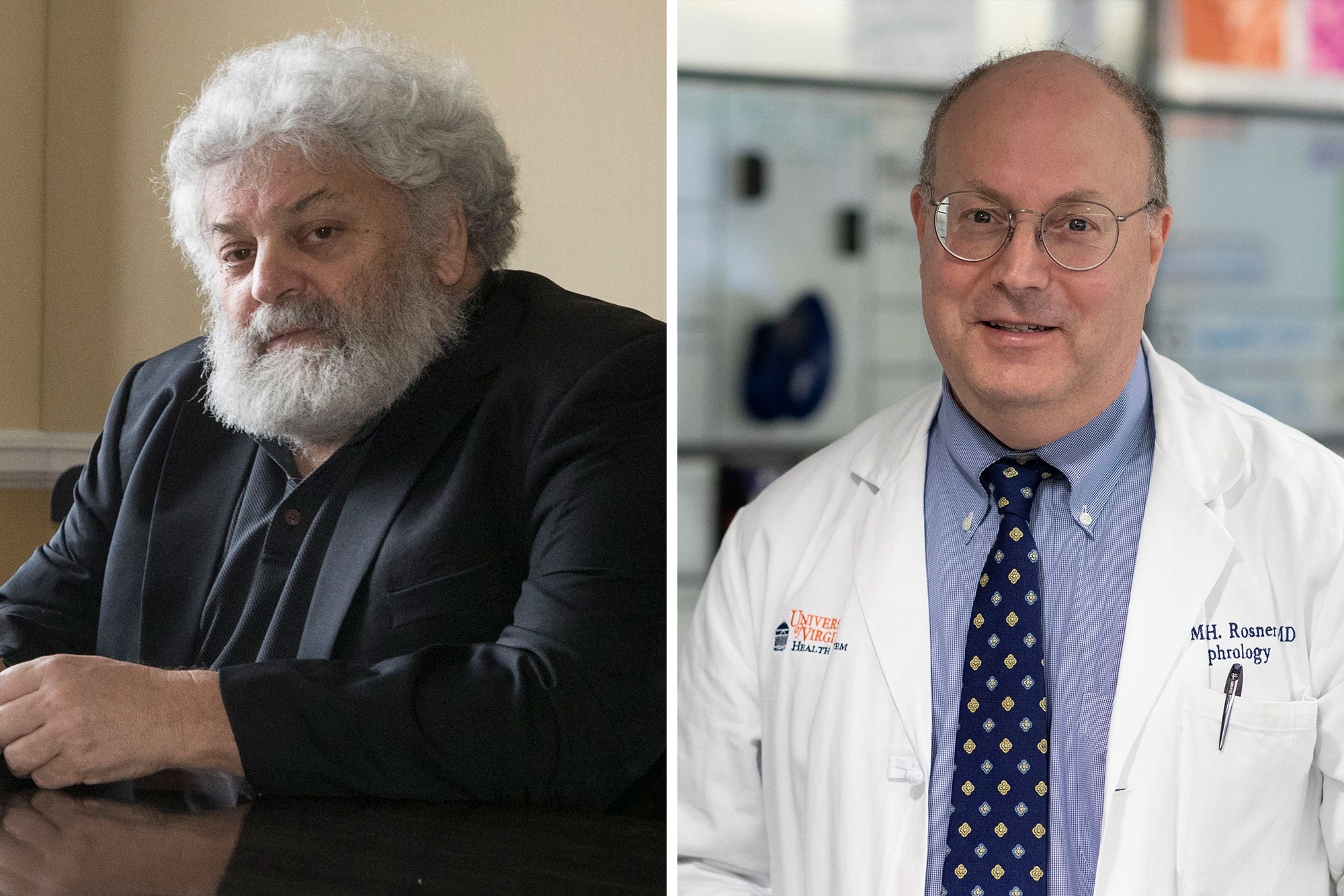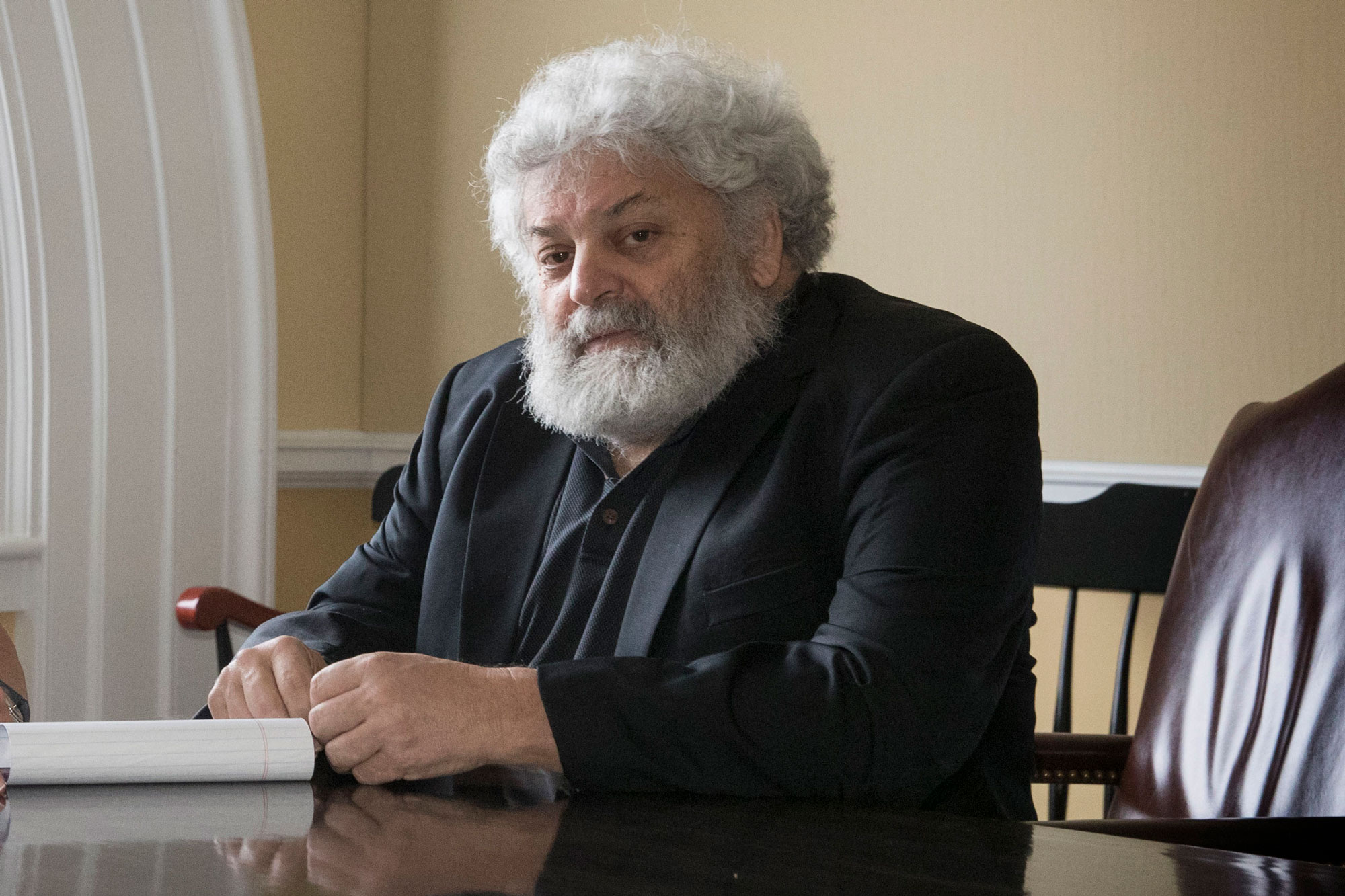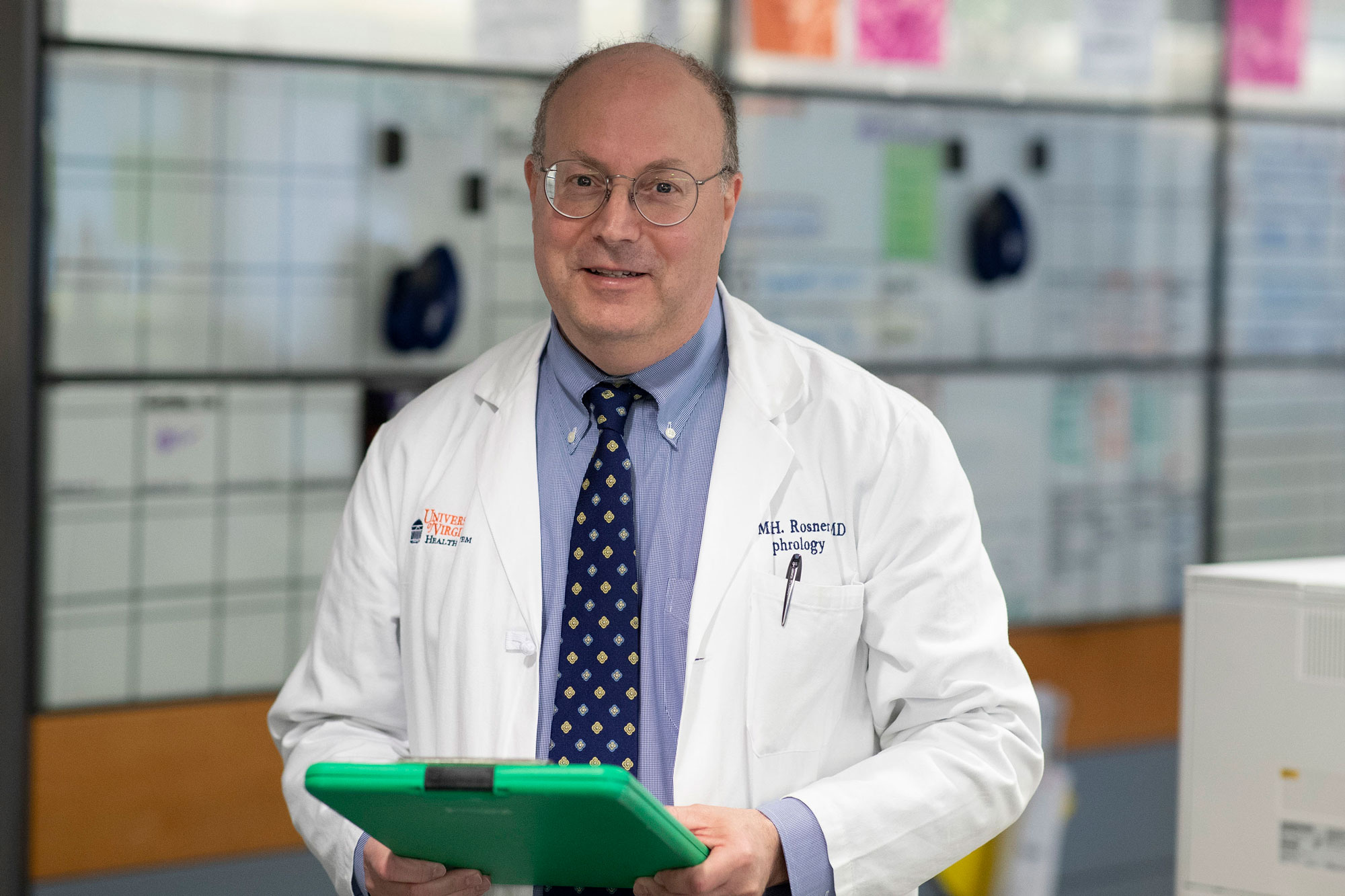“His colleagues say he has cultivated a culture that values all contributions to the academic mission,” Ryan continued, “and that he has built relationships with honesty and transparency that have brought a welcome spirit of collaboration and trust to the department.”
During the past 11 years, Rosner developed key strategic programs in areas such as oncology, critical care and cardiology. At the same time, he stabilized the department’s finances, growing clinical revenues and extra-mural research support. He has continued his clinical practice and is frequently found in the medical wards or the nephrology clinic, caring for patients.
Rosner served as a scientific and clinical adviser for the University during the COVID-19 pandemic, as well as a clinical leader within the health system in its preparation and response to the pandemic.
In anticipation of the impending COVID-19 threat, Rosner directed a coordinated effort to complete construction of two floors in the new South Tower of the University Medical Center. These floors were configured into negative-pressure wards to allow safe and appropriate medical care of critically ill patients afflicted with COVID-19 infection.
“Mitch led the infrastructure changes necessary to care for COVID patients, organized and managed for surge capacity, quickly launched a telehealth initiative, and led the creation of community-based testing and vaccination centers,” Ryan said.
Former University Provost Elizabeth Magill worked closely with Rosner in shaping the University’s response to the COVID-19 pandemic.
“What he did and how he did it drove the effectiveness of this University’s response to a once-in-a-lifetime challenge,” Magill said in her letter of recommendation. “He is thoughtful, level-headed, good-humored, invaluable, wise, even-keeled, humane and humble. A consummate servant leader.”
“Mitch made himself available during every twist and turn of the pandemic, offering wise and knowledgeable counsel, and often late at night and on weekends,” Ryan said.
In addition to these major examples of service to the University, Rosner continues to provide direct service to patients as a physician, to provide education to a range of learners, to pursue medical inquiry, among many other areas of service in academic medicine.












